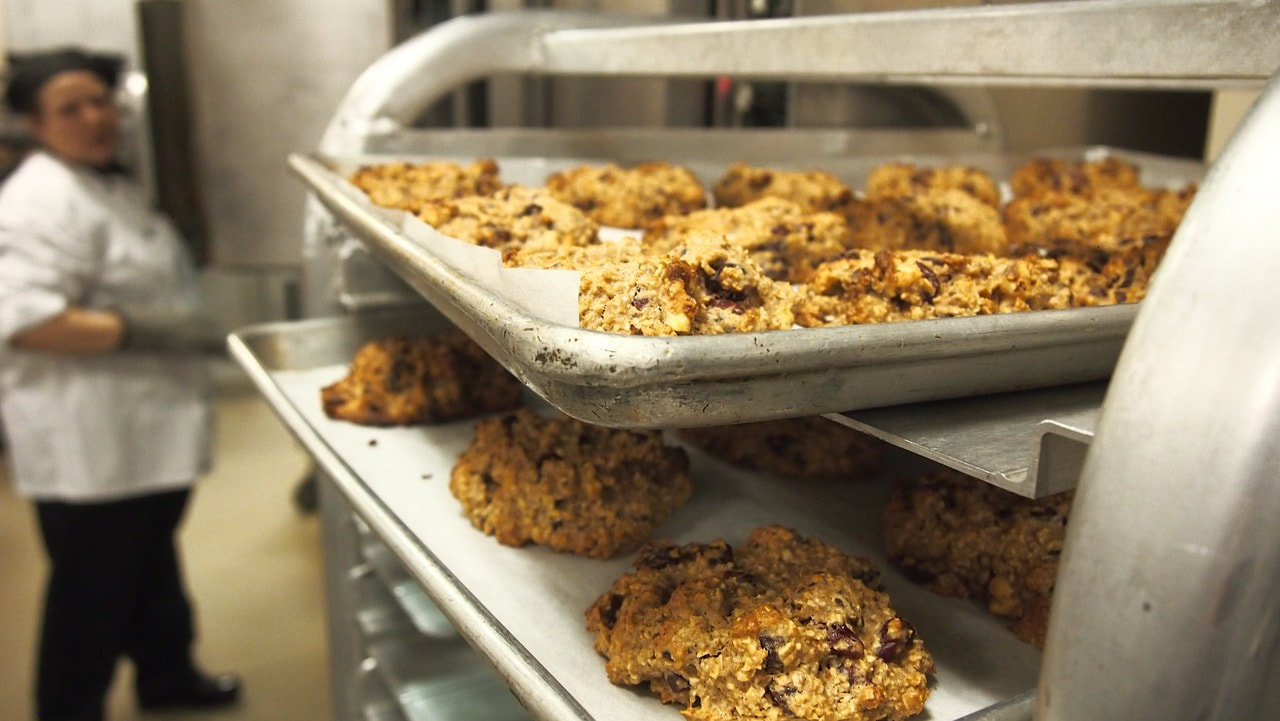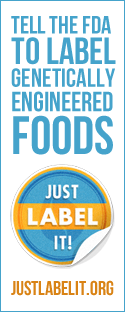|
A Look at Three Foodservice Bans Announced in 2018 By Dwayne Reno Image: smbecker, Pixabay Foodservice operators are now seeing some of the items they use in day-to-day operations temporally removed or banned outright. 2018, started with a call to ban single-use plastic contains and cutlery a staple at many takeout joints. Recipe Unlimited (formerly Cara Operations) one of Canada’s oldest foodservice companies was one of the first to answer the call. The parent company of brands such as Harvey’s, Swish Chalet, East Side Mario’s St, Hubert and many others stated that they will no longer provide single-use plastic straws at any of their restaurants.
Also, Reb Lobster and the Canadian burger chain A&W, recently announced similar bans on single-use plastic straws at all of their restaurant locations. In this article I would like to take a look at a few other bans impacting foodservice operators at home and abroad. Ban on Trans Fats The government of Canada's ban on trans fats from partly hydrogenated oils (PHO) came into effect recently. This means that as of September 1, 2018, it is illegal for food manufactures to add PHO to foods sold in Canada. Trans fats became popular in the 1950s when manufactures started to produce it industrially from vegetable fats as a replacement for butter. However, during this time the food industry and some health advocates believed that industrially produced trans fats were better than naturally saturated fats like butter. Trans fats are now found in many foodservice staples including margarine, baked goods and hydrogenated oils used for frying fast food. The ban was imposed because we now know that trans fats can increase levels of low-density lipoprotein (bad fats) and lower levels of high-density lipoprotein (good fats) resulting in an increased risk of coronary artery disease (heart disease). "Heart & Stroke is thrilled to see the implementation of the ban on trans fats take effect. This important and final step will eliminate these heart-clogging fats from our food supply, benefiting the health of all people in Canada by reducing the number of heart attacks and saving lives. This measure is a critical component of the federal Healthy Eating Strategy," said Yves Savoie Chief Executive Officer, Heart and Stroke Foundation of Canada. The ban on trans fats also includes foods imported into Canada and foods prepared by Canadian foodservice operators. The ban was originally announced last year and does not apply to naturally occurring trans fats, which can be found in some animal-based foods, such as milk, cheese, beef and lamb. The ban carries a two year phase-in period which means foodservice operators and food processors can still use products with trans fats in it as long as they were manufactured before September 17, 2018. This recent move by the Canadian government to ban trans fats is also in-line with the World Health Organization's plans to do the same. WHO, recently stated that it would impose a ban on trans fats consumed by the majority of people with the goal of reducing the world’s intake to less than 1% of total energy intake. This is the first step in WHO’s REPLACE program which will eventually see trans fats removed from the world’s food supply by 2023. Banning Foodservice Tips in the UK The ban on foodservice tips continues to gain traction even if it’s not talked about much here at home anymore. Recently, Theresa May announced that restaurant owners will be banned from deducting tips earned by waiters and other staff, a practice very common on tips given via credit card. This announcement comes two years after the ban was first proposed. Although no time frame has been given for the proposed legislation the UK trade union group, Unite said, “Unite will be seeking assurances from ministers that the legislation the government introduces truly delivers fair tips for some of the lowest paid workers in the UK and that it is done so in a timely manner.” A similar ban was put in place by the province of Ontario back in 2015. The ban stops employers from taking a share of tips meant for servers and other staff. However, the province of Ontario’s ban does not stop employers from recovering credit card fees from tips when customers pay by credit card. Although the practice is not very common in Ontario, some people believe that employees should not be responsible for operational costs, while some are just happy that a program like this is available. Not All Bans are Bad News A recent article written by Business Insider stated that a city inside Silicon Valley announced that it would prohibit companies from fully subsidizing meals for employees, a very popular office perk at many tech companies in Silicon Valley. The ban is expected to help increase foot traffic for local foodservice operators in the area who are having a tough time competing with free food. Furthermore, San Fransisco, the home of Twitter also plans to implement a similar ban on new workplace cafeteria as well. Staying Ahead Requires Change With so many bans popping up across local and global foodservice markets independent operators should always be ready to adapt. Many things operators now take for granted may no longer be available in the coming years. It's my opinion that foodservice operators should continue to look for new ways to stay ahead of the competition and expand upon their foodservice culture. In recent years fast food chains have been very quick to adopt new trends and policies such as mobile order and pay, many have even answered the call to ban single-use plastic food containers and cutlery. This is helping to keep fast food operators fresh and evolving in the eyes of consumers who not so long ago saw fast food as cheap and unhealthy for the most part. Until next time your customers want to know why they should spend money at your restaurant, bar or cafe so give them the goods!
1 Comment
|
Advertisement
AuthorDwayne Reno CEO & Founder Social Chat Blog
Once a month, Building Block Associates serves up some food for thought with our foodservice Social Chat Blog. Archives
February 2019
Categories
All
|


 RSS Feed
RSS Feed


